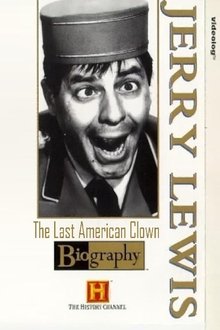The story of the legendary wits who lunched daily at the Algonquin Hotel in New York City during the 1920s. The core of the so-called Round Table group included short story and poetry writer Dorothy Parker; comic actor and writer Robert Benchley; The New Yorker founder Harold Ross; columnist and social reformer Heywood Broun; critic Alexander Woollcott; and playwrights George S. Kaufman, Marc Connelly, Edna Ferber and Robert Sherwood.
Related Movies
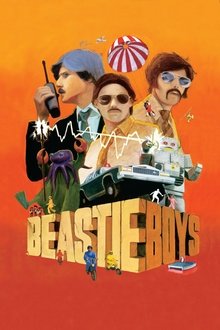
Beastie Boys: Video Anthology (2000)
The Beastie Boys are among the most influential groups of the last two decades. As their music has opened hip-hop to a wider audience and changed the parameters of its sound, their ambitious music videos have carried the medium to new levels of artistic expression. This groundbreaking two-disc anthology showcases eighteen videos containing alternate visual angles and multiple audio tracks. Loaded with never-before-seen footage and unreleased music tracks, this special edition also contains a trove of rare still photos and exclusive audio commentary by the band and the video directors.

Ydessa, the Bears and etc. (2004)
Ydessa Hendeles' exhibition entitled "The living and the Artificial" (consisting of works of art all comprising a photograph of living persons in the company of one or several teddy bears) had puzzled Agnès Varda so much that she decided to go to Toronto where the artist lives and interview her. In front of Agnes Varda's DV camera, Ydessa tells about the singularity of her artistic approach. She also expresses herself about the Holocaust, which both her parents survived.
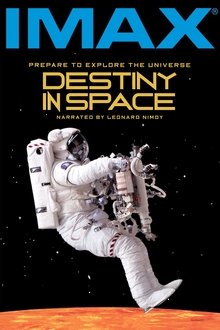
Destiny in Space (1994)
Travel alongside the astronauts as they deploy and repair the Hubble Space Telescope, soar above Venus and Mars, and find proof of new planets and the possibility of other life forming around distant stars.
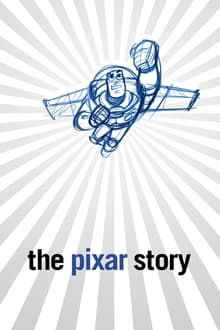
The Pixar Story (2007)
A look at the first years of Pixar Animation Studios - from the success of "Toy Story" and Pixar's promotion of talented people, to the building of its East Bay campus, the company's relationship with Disney, and its remarkable initial string of eight hits. The contributions of John Lasseter, Ed Catmull and Steve Jobs are profiled. The decline of two-dimensional animation is chronicled as three-dimensional animation rises. Hard work and creativity seem to share the screen in equal proportions.
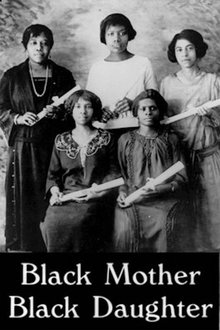
Black Mother Black Daughter (1989)
Black Mother Black Daughter explores the lives and experiences of black women in Nova Scotia, their contributions to the home, the church and the community and the strengths they pass on to their daughters.

Whitewash (2016)
Whitewash is a poetic video that examines the little-known subject of slavery in Canada and its omission from the national narrative.

Taxi-vala/Auto-biography (1994)
A documentary exploring the experiences and attitudes of Indian and Pakistani taxi drivers in New York City while also questioning the filmmaker's relationship to these South Asian immigrants and to his mixed-race heritage.
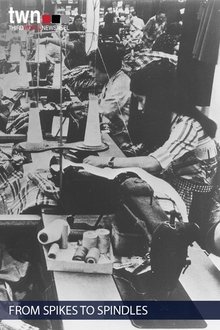
From Spikes to Spindles (1976)
This raw, gutsy portrait of New York's Chinatown captures the early days of an emerging consciousness in the community. We see a Chinatown rarely depicted, a vibrant community whose young and old join forces to protest police brutality and hostile real estate developers. With bold strokes, it paints an overview of the community and its history, from the early laborers driving spikes into the transcontinental railroad to the garment workers of today.

Gently Down the Stream (1981)
GENTLY DOWN THE STREAM is constructed from fourteen dreams taken from eight years' worth of my journals. The text is scratched directly on to the film so that you hear your own voice as you read. The accompanying images of women, water, animals and saints were chosen for their indirect but potent correspondence to the text.
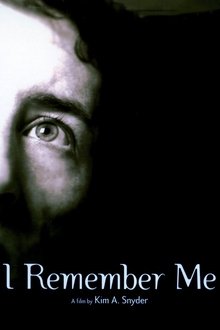
I Remember Me (2000)
In 1984-85, people at Lake Tahoe fell ill with flu symptoms, but they didn't get better. Medical literature documents similar outbreaks: in 1934 at LA county hospital, in 1948-49 in Iceland, in 1956 in Punta Gorda, Florida. The malady now has a name, chronic fatigue syndrome, and filmmaker Kim Snyder, who suffered from the disease for several years, tells her story and talks to victims and their families, and to physicians and researchers: is it viral, it is psychosomatic, is it one disease or several (a syndrome) ; what's the CDC doing about it; what's it like to have a disease that's not yet understood? Her inquiry takes her to Punta Gorda and to a high-school graduation.
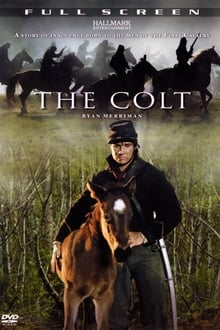
The Colt (2005)
During the heat of battle in the midst of the Civil War, a beguilingly innocent colt is born to Union Jim Rabb's beloved mare. Refusing the orders to shoot it, lest it prove a hindrance, Rabb keeps the colt as a consolation in these desperate times-a symbol of hope that leads the men of the First Cavalry on a journey of self-discovery and newfound brotherhood.
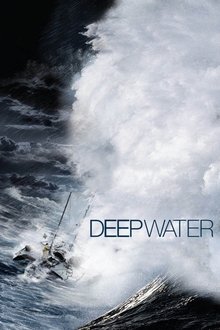
Deep Water (2006)
DEEP WATER is the stunning true story of the fateful voyage of Donald Crowhurst, an amateur yachtsman who enters the most daring nautical challenge ever – the very first solo, non-stop, round-the-world boat race.

Dance In The Desert (2009)
The author Jurga Ivanauskaitė (1961-2007) was considered a pioneer of contemporary Baltic literature well beyond the borders of Lithuania. Her work deals intensively with the tension between religion, sexuality and emancipation. Film documents and interviews serve to reconstruct the life of this independent and willful woman - from her childhood to her artistic breakthrough as a companion of the Lithuanian rock and punk scene, but also depicting her spiritual side, which brought her all the way to India, where she turned to Buddhism. She is shown as fighting for the Dalai Lama and a "free Tibet", shown as a literary mind, but first and foremost she is shown as a woman who stood bravely in the face of inconvenience, pain and inner demons.
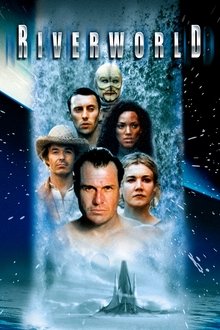
Riverworld (2003)
A movie for the Sci Fi Channel based on the book series by Philip José Farmer. The location is Riverworld, a mysterious and treacherous land where every human who died between the years 99,000 BC and 2,200 AD has been resurrected on the banks of a huge river.
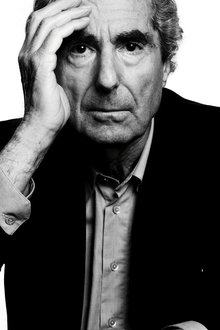
Philip Roth Unleashed (2014)
After Portnoy's Complaint launched him as a new literary voice, not to mention a scandalous one, Philip Roth went on to be hailed by many as America's greatest living writer. Never afraid to look hard at the extremes of human experience, he has been both consistently controversial and intensely private. But now, having celebrated his 80th birthday in his home town of Newark, New Jersey, Roth, in conversation with Alan Yentob, is ready to tell the whole story in this special two-part film for imagine... Philip Roth Unleashed.
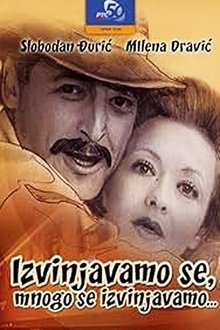
We Are Sorry, We Are Very Sorry (1976)
A story about prizewinning agriculturist, whose dream is to find his soul mate who would agree to marry him and live in the countryside. In one of his trips to symposium, he's about to share the compartment on a train with nice-looking but hardly approachable girl.
